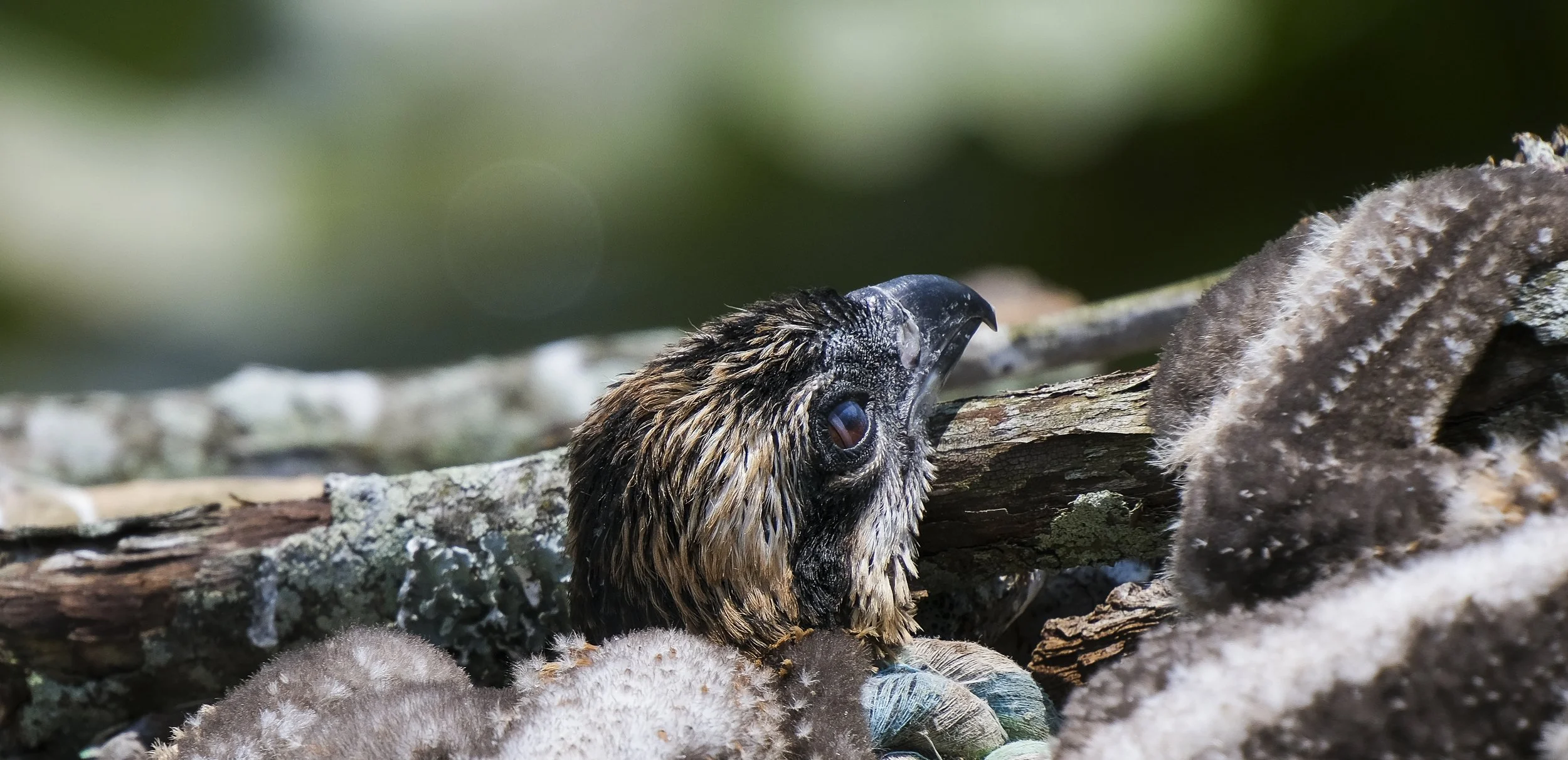The Patuxent Research Refuge Needs Your Help
Overview
The Patuxent Research Refuge is the largest block of forest between Washington, D.C., and Baltimore. And is our nation’s only wildlife refuge established to support wildlife research!
A banded female Osprey at the Patuxent Research Refuge
The Chesapeake Bay, and the Patuxent Research Refuge is home to one of the world’s largest breeding Osprey populations in the world!
A part of the Chesapeake Bay, the world’s largest estuary; a haven for songbirds, pollinators, amphibians and so much more. This land is of great importance to our local wildlife and ecosystem! The large unbroken tree line makes for an easier escape from predators. The trees provide nests and shelter for their young. The land provides food and resources to live off of. The air is clean, the water is safe (in comparison to the surrounding area), and most importantly…these lands are protected! But now, the funding that conserves these lands needs your help!
The White House plans to defund the United States Geological Survey’s (USGS) Biological Research Program. Within this program lies the Ecosystems Mission Area Program, which delegates funding to the Patuxent Wildlife Research Center (PWRC). This funding directly protects the 13,000 acres of forests, meadows and wetlands that hundreds of bird species call home.
By executive order (7514), in 1936, Franklin D. Roosevelt designated this land for the purpose “to effectuate further the purposes of the Migratory Bird Conservation Act”, and act “as a wildlife experiment and research refuge.” Since its founding the refuge has grown from 2,679 acres to 12,841 acres! Protecting critical species, such as the Endangered Yellow-Lance Mussel, the declining Wood Thrush and Northern Harrier populations…and much more!
Providing research and data (such as wildlife population trends, nest monitoring, the average health of newborns, and threat analyses) the PWRC provides the USGS the tools to advocate for and conserve this land.
A baby osprey in one of their monitored nests
The work and research of PWRC helped the Osprey population bounce back from their drastic decline in the 1950-60s (caused by DDT).
Currently, the Chesapeake Bay is losing about 70 acres of forestland every day. At a time when many bird species are at great risk; our North American lands are of significant importance! Serving as a breeding ground for millions of birds, any habitat loss here has a drastic negative impact on the populations well-being.
great blue heron
With the Patuxent Wildlife Research Center future under threat, so too is our future understanding and monitoring of the birds we have all come to love.
CONTACT YOUR LOCAL REPRESENTATIVE
Find your House Representatives here
Find your Congressional Representatives here
Find your local elected officials here
DRAFT MESSAGE (for you to modify and personalize)
Dear ___
With bird populations drastically declining throughout the previous decades, I urge you to support the United States Geological Survey’s continued need for funding. The monitoring and conservation of hundreds of species brings countless benefits to our ecosystems and economy! The Chesapeake Bay alone is estimated to bring in over $100 billion dollars’ worth of economic value every year (source). This number alone justifies the preservation of the $564 million dollars that the White House plans to cut from the USGS, as is laid out in their 2026 discretionary budget plan.
The native birds of North America need our lands to breed and raise their young. And we, in turn, need them for their tree dispersal, pollination and insect management (among numerous other reasons). The many declining songbird and raptor populations are counting on us to protect the lands they’ve depended on for centuries and centuries now. Please raise your voice and speak out in defense of the United States Geological Survey’s continued financial need.
Sincerely,
Have Questions?
Write us an email with the subject line “Patuxent Research Funding” and we’ll get back to you as soon as possible.
Info@dcbirdalliance.org


